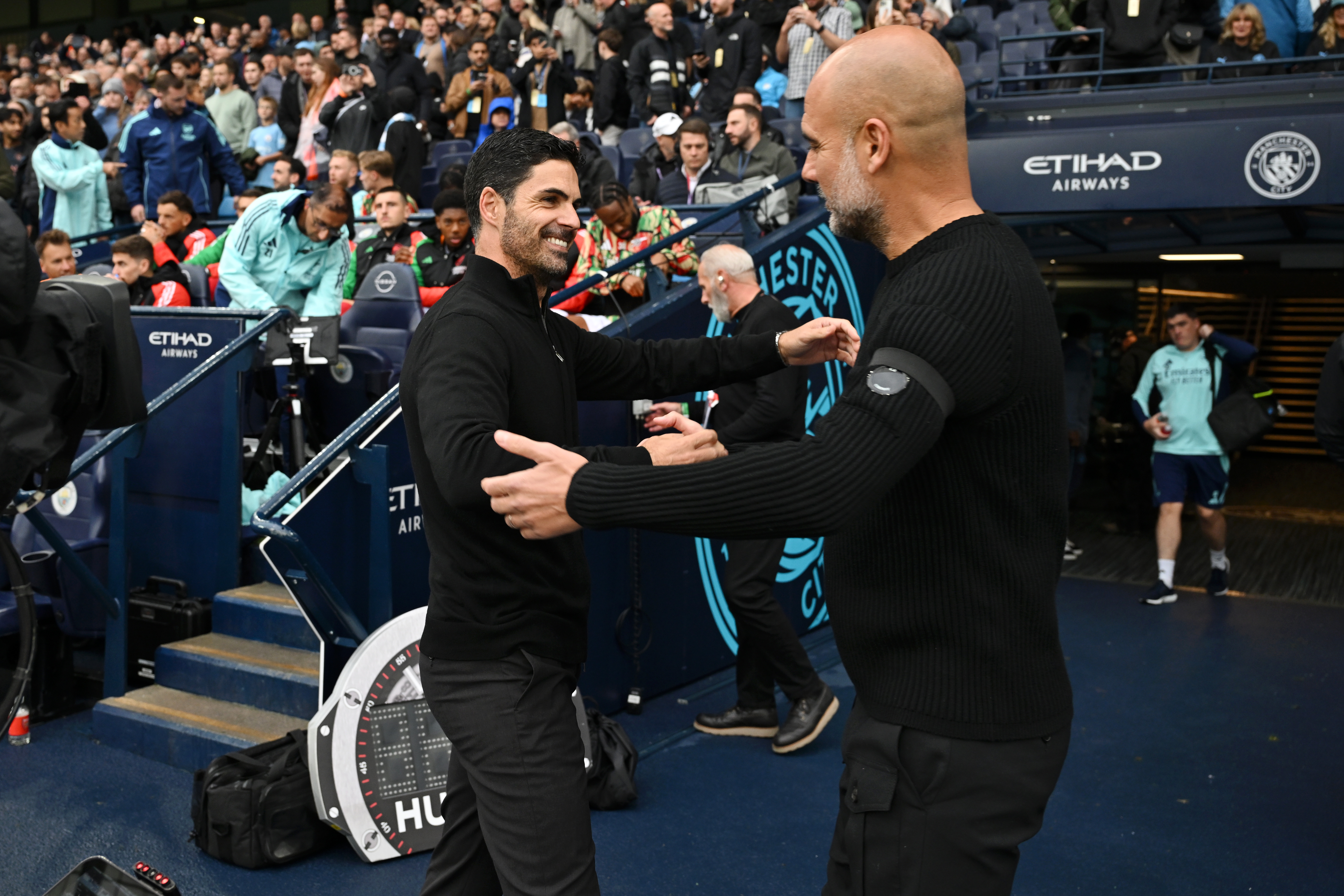A brief history of cheating: 20 of football's dirtiest ever tricks
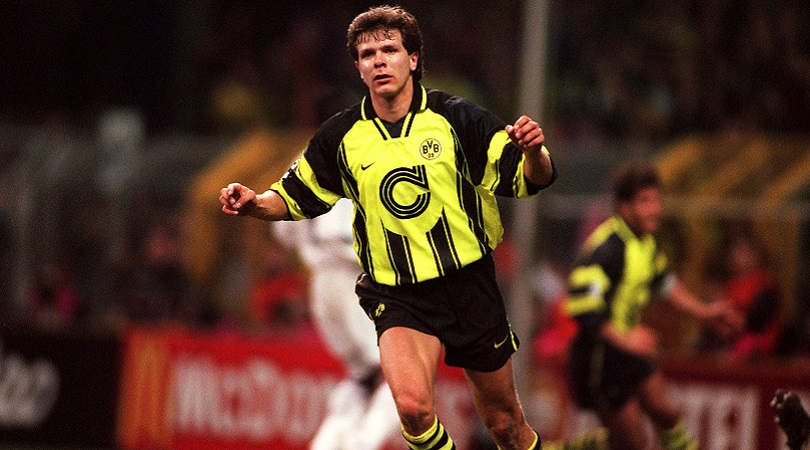
20. Moller's winning swan dive
Andreas Moller’s dive on April 13, 1995 wasn’t subtle. In fact, the word ‘blatant’ doesn’t even begin to cover his turfwards tumble late in the game between Borussia Dortmund and Karlsruher. When the latter’s defender Dirk Schuster said “a small car would have fitted between me and him,” he was barely exaggerating.
The only person in the stadium who didn’t break into laughter was the referee, who pointed to the spot. Moller’s simulation was so outrageous that he became the first German player to be fined and suspended for a dive. He probably thought it was a price worth paying – the resultant goal effectively won Dortmund the league.
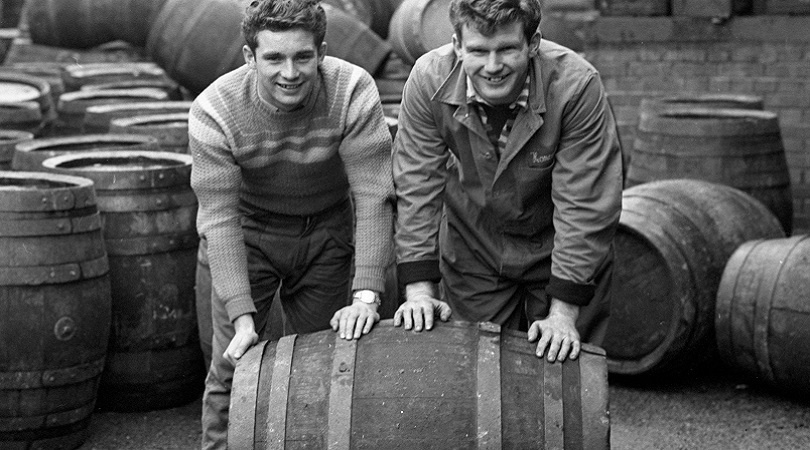
19. The original cheaters
This early case of foul play occurred more than two decades before the Laws of the Game were even drawn up, and is therefore perhaps the first ever example of cheating in the game. It was Christmas Day 1841 and Lancashire pub sides The Body Guards and The Fearnoughts were contesting a 12-a-side fixture for a cash prize and barrel of gin.
With the game still goalless, a tired Body Guards player ushered a supporter onto the pitch to take a kick in his place. The umpire decided this was “foul play according to the rules agreed by each party” and awarded the victory – and the gin – to the Fearnoughts.
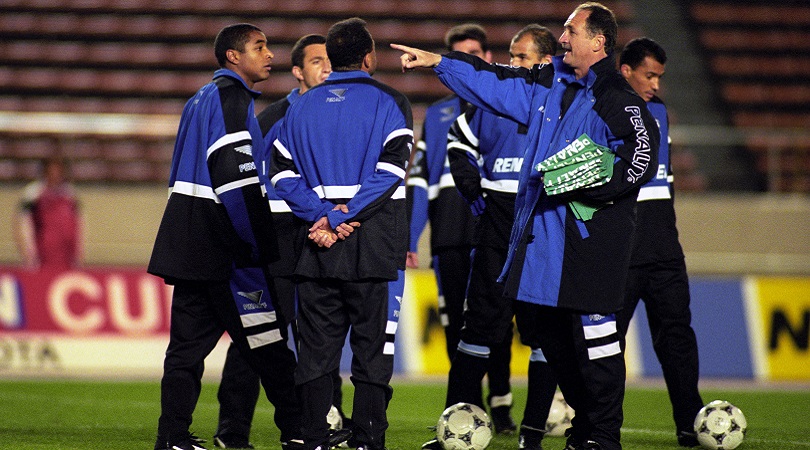
18. Big Phil’s little helpers
Luiz Felipe Scolari, future England nemesis, made his name at Gremio with some impressively underhand tactics. Underarm tactics, in fact: his ball-boys were instructed to lob extra balls onto the pitch to disrupt opposition attacks, and his players were accused of tapping up the local police to give visiting players a sly thump in the event of a ruckus.
On one occasion during his time in charge of Portugal, Scolari took matters into his own hands by marching onto the pitch to punch Serbian defender Ivica Dragutinovic. If you can’t cheat them, chin 'em.
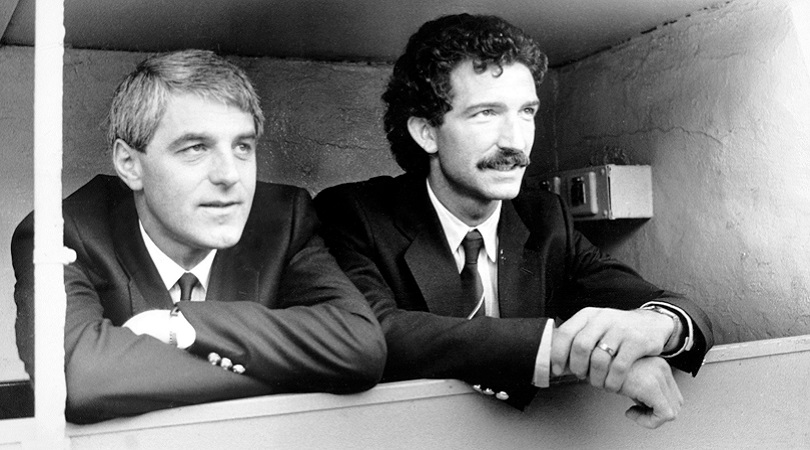
17. Souey's narrow victory
In September 1987, Graeme Souness used a ploy out of mentor Jack Charlton’s playbook to help Rangers defeat Dynamo Kiev in the European Cup first round. As he told FourFourTwo: “We lost 1-0 away to a talented side. At Ibrox, I thought we might beat them if we could be physical. At that time, the pitch didn’t have to be a fixed width as long as it was above a certain minimum. So I made it the absolute minimum.”
To maximise the surprise, he only narrowed the pitch on the day of the match. Rangers triumphed 2-0, but the rules were subsequently tightened to ensure clubs declared their pitch size before each season.
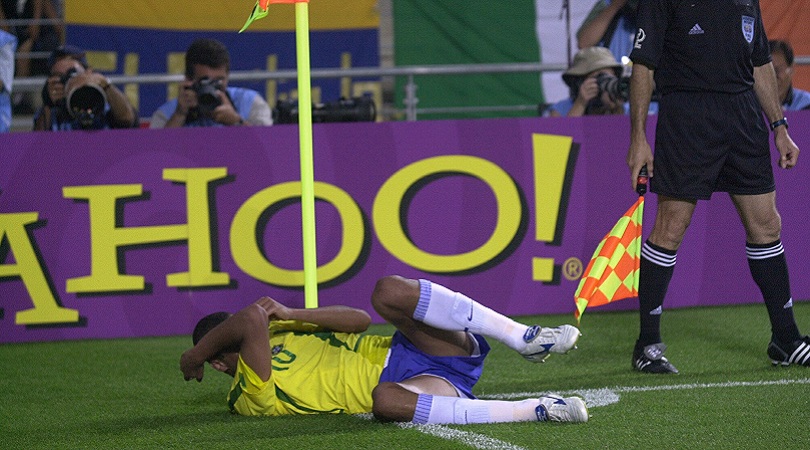
16. "Not the face!"
And the Academy Award for Best Unsporting Actor goes to… although, to be fair, Rivaldo might just have really sensitive knees. The otherwise-brilliant Brazilian was ready to take a corner at World Cup 2002 when Turkey’s Hakan Unsal booted the ball back slightly stroppily, hitting Rivaldo’s knee and setting off such a sensory headrush that he plummeted while executing a double facepalm.
Unsal saw red, and Rivaldo was fined £4,500. He set up both goals in the final, but many remember him for the slapstick fall.
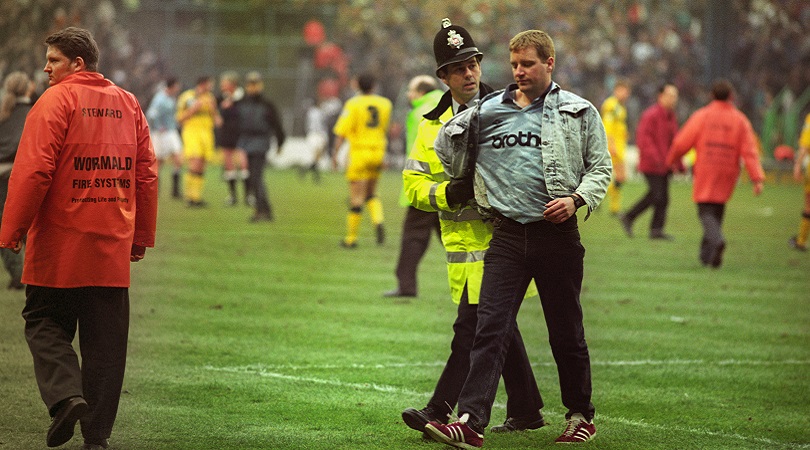
15. "Some idiots are on the pitch..."
And so to the most pointless pitch invasion of all time. With 88 minutes on the clock, and their team trailing Tottenham 4-2 in a 1993 FA Cup quarter-final at Maine Road, around 400 Manchester City fans stormed the field of play (Terry Phelan had just pulled a goal back) and – bizarrely – goaded the Spurs fans who were singing merrily about going to Wembley.
The Sky Blues supporters reckoned that, by doing this, they could get the match abandoned and thus earn their team another crack at Tottenham. Despite the referee suspending play for 12 minutes, the result stood and City chairman Peter Swales described the invading City fans as “total idiots”.
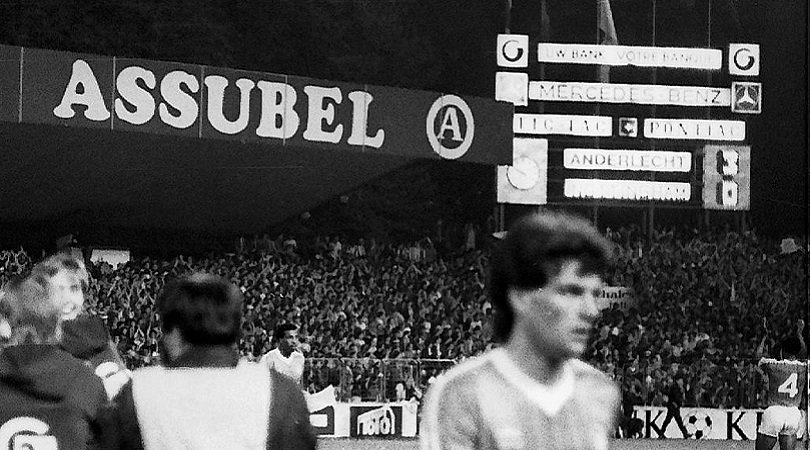
14. Forest cut down by dodgy ref
Despite controversy surrounding his refereeing of an infamous 1970 El Clasico, Emilio Guruceta was selected to take charge of Anderlecht’s UEFA Cup semi-final meeting with Brian Clough’s Nottingham Forest. Leading 2-0 after the first leg, Brian Clough’s men were defeated 3-0 in the second after having a perfectly good goal disallowed and two strong penalty appeals waved away.
A decade later, a retired Anderlecht official admitted to giving Guruceta an “interest-free £15,000 loan” in return for him helping Anderlecht reach the final. Guruceta wasn’t around to face justice, though: he was killed in a car crash in 1987.
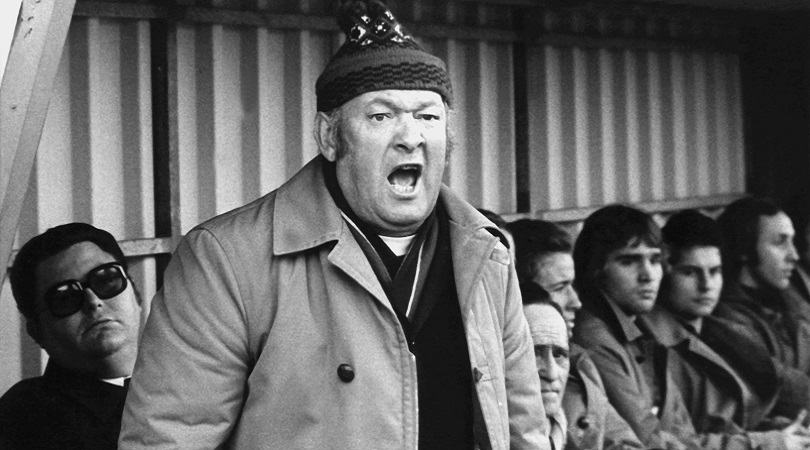
13. Die Roten turn rotten
Bayern Munich haven’t always been a European superpower; back in 1964, they were battling to enter the pan-regional play-offs for promotion to the Bundesliga. Finishing first in the southern regional league would see the Bavarians face a highly regarded Aachen side from the west, a fate they were desperate to avoid.
Manager Zlatko Cajkovski therefore told his players to throw their penultimate game. To be on the safe side he also fielded five reserve players, although they weren’t in on the act – which is why, with 20 minutes left, Bayern were 4-3 up. Cajkovski promptly bellowed some instructions from the sidelines and Bayern subsequently lost 6-4. They still didn’t win promotion, though.
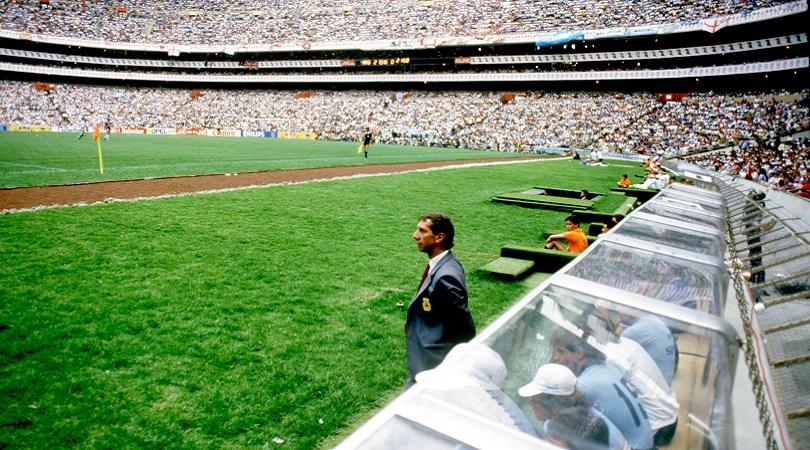
12. Estudiantes' little prick
Former Argentina boss (and, briefly, practising gynaecologist) Carlos Bilardo couldn’t be a more dastardly practitioner of football’s dark arts if he started every press conference by spinning slowly around in his chair, cackling and stroking a white cat. A midfield enforcer for Estudiantes’ cynical ’60s side, Bilardo hid needles in his socks for subtle foe-pricking.
As a manager, he encouraged players to rub Deep Heat in opponents’ eyes, and offered Brazil doped water during a 1990 World Cup clash. The obvious next step? Politics. Mysterious ‘Carlos Bilardo – Presidente’ posters appeared in Buenos Aires in 2015.
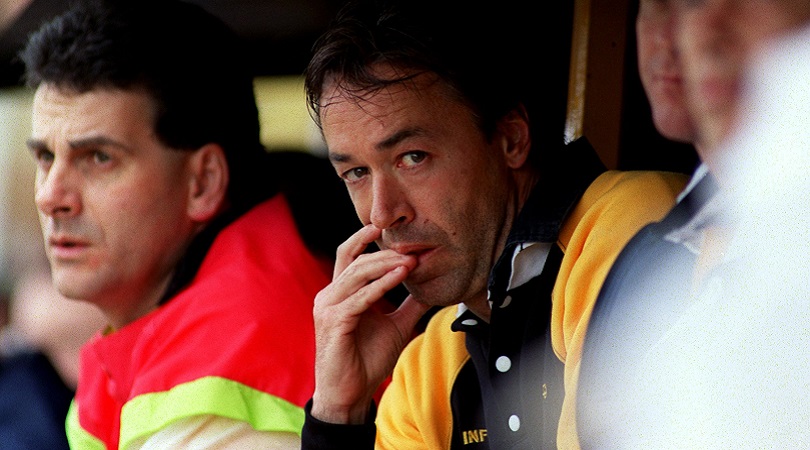
11. The king of gamesmanship
Admittedly, growing the grass at your home stadium by a few inches in order to hold up hoofed balls isn’t technically cheating, but former Cambridge boss John Beck’s assertion that he never “came close to breaking any rules” is pushing it.
Whether it was giving the opponents heavily soaked balls for warm-ups, altering the heating in their dressing rooms or swapping the sugar meant for rivals’ half-time tea with salt, it wasn’t just the U’s long-ball tactics that made them as popular as scotch bonnets in the jock strap.
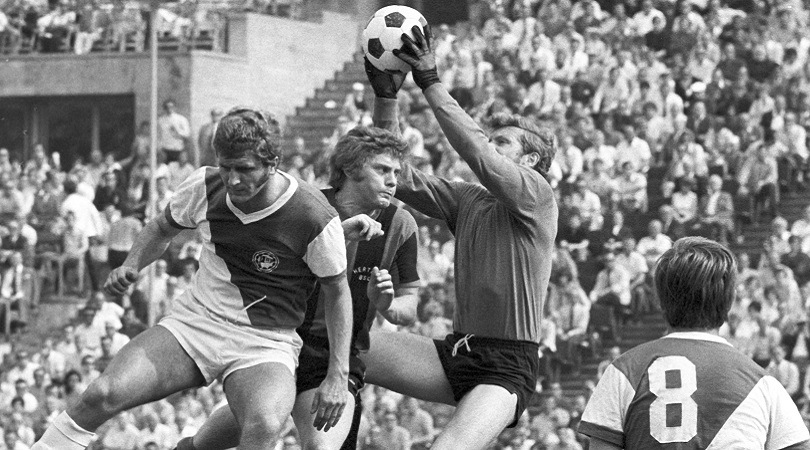
10. Hertha's casket case owner
In the mid-1960s, Hertha Berlin turned rule-bending into an art form. In those days, German football had a wage-capping system, and there were also strict limits on how much could be spent on transfers and bonuses for players. Hertha – a club based in a city surrounded by a large wall, lest we forget – had to make underhand payments to persuade transfer targets to join them.
But where did all the cash come from, and why didn’t it show up on the balance sheets? Well, treasurer-cum-funeral-director Gunter Herzog cunningly printed 55,000 match tickets off the books, and hid them from the tax authorities in the last place they’d look – his coffins.
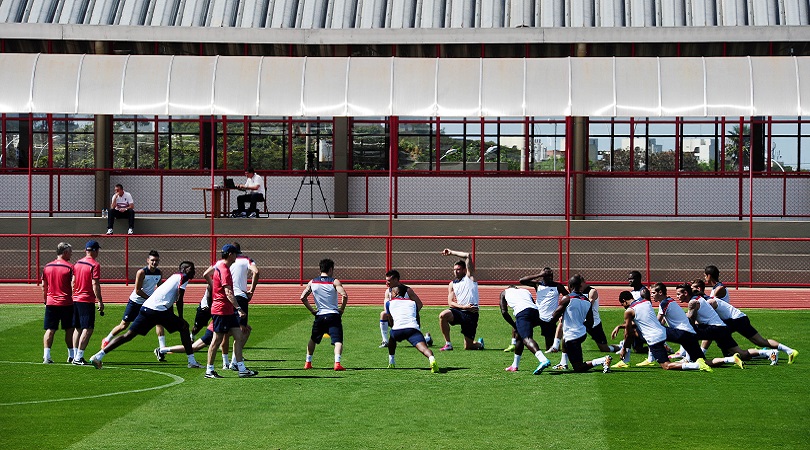
9. Attack of the drones
Believe it or not, a military-style drone once targeted professional footballers without a banner attached calling for Arsene Wenger’s resignation. Before their opening World Cup 2014 fixture, a France training session was interrupted when an unmanned aircraft – thought to be on a spying mission for les Bleus’ opponents, Honduras – was spotted flying over their base.
Olivier Giroud & co. failed to bring down the airborne interloper with volleys (quiet at the back), and FIFA launched a half-hearted investigation. At the previous competition in South Africa, France were so abhorrent that Honduras could have launched a full-scale ground assault and nobody would have objected.
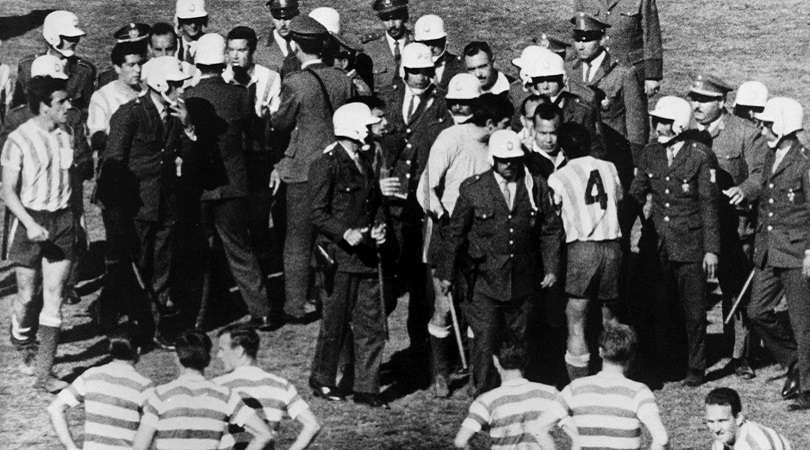
8. Champions of violence
With six red cards, 51 fouls and two interventions by Montevideo’s riot police, Racing Club’s 1-0 defeat of Celtic in the 1967 Intercontinental Cup play-off remains the mother of all pitched battles.
In chronological order, these players were given their marching orders: Argentine Alfio Basile (after fighting with John Clark and spitting at Bobby Lennox), Lennox himself (mistaken identity), Jimmy Johnstone (for finally retaliating after several brutal challenges and one rugby tackle), John Hughes (for kicking Racing keeper Agustín Cejas, who’d earlier kicked the writhing Johnstone “as hard as I could” for getting Basile sent off), Juan Carlos Rulli (for punching Clark) and Bertie Auld (for brawling).
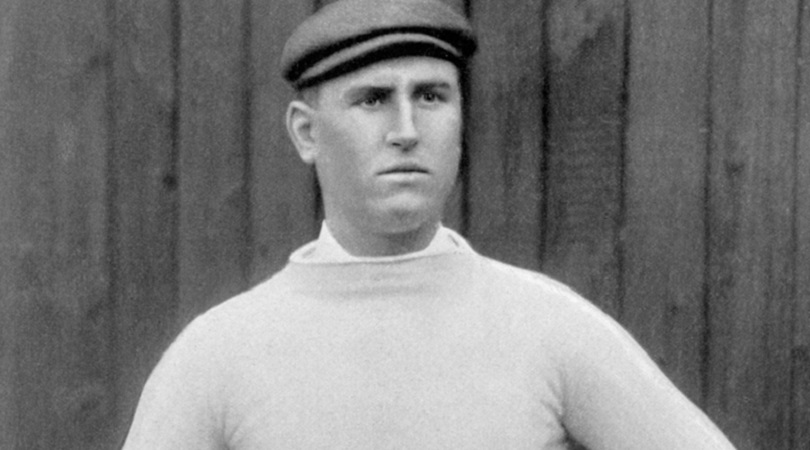
7. Burnley's crooked keeper
Jack Hillman was, by some distance, the most corrupt custodian to represent England. In April 1898, Stoke and Burnley played out a 0-0 draw in a play-off group to secure their top-flight status. The fix wasn’t particularly subtle: attackers shot at corner flags and passes were aimed at opponents as both sides disregarded shouts of “Goal nets were invented for a reason” from the terraces.
Suspicion quickly fell on Burnley keeper Hillman, who later offered Nottingham Forest players £2 each to “take it easy”. Forest refused, won 4-0 and grassed him up to the FA. Hillman’s “I was only joking” defence didn’t convince and he was banned for a season.
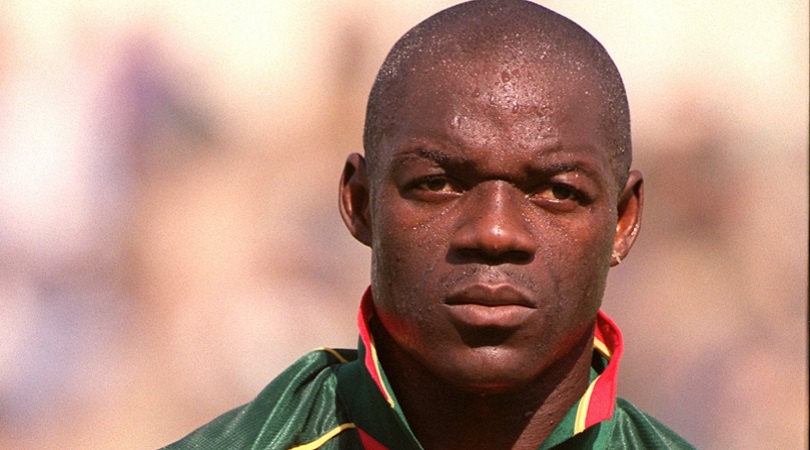
6. An old head on old shoulders
When your country’s sporting idol is Roger Milla, a man whose age is as vague as that of a grand old Hollywood actress, you can’t really blame fellow Cameroonians for following suit. Defender Tobie Mimboe worked his way through numerous football leagues around the globe, not to mention several passports.
He was officially 31 during the 1996 Africa Cup of Nations, but then magically became almost a decade younger when he turned up in Turkey, before rocketing back up to 28 at the Cup of Nations in 1998. Stephen Hawking’s A Brief History of Time is dedicated to him.
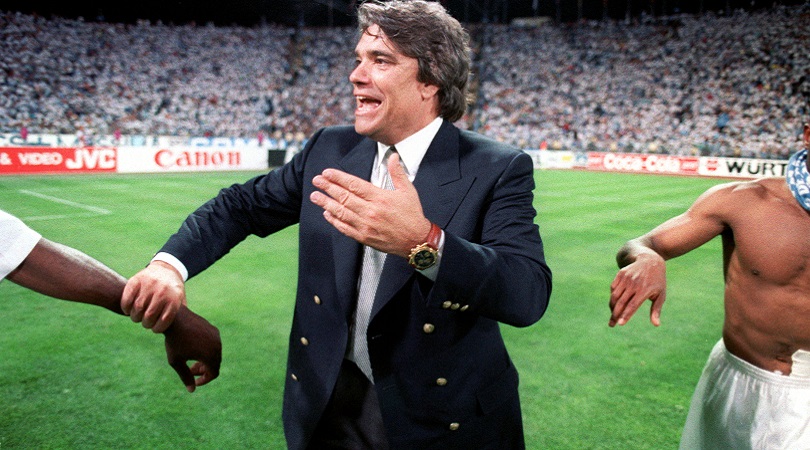
5. Tapiegate
Bernard Tapie, Marseille’s notorious owner, had many flaws but he was no tightwad. Police investigating l’OM’s attempts to bribe Valenciennes to throw the final Ligue 1 match of 1992/93 discovered an envelope containing £30,000 in the garden of one recipient’s relatives. Tapie helped his club win five successive league titles by spending millions on the best players, and hundreds of thousands buying off opponents.
Marseille were relegated to Ligue 2 and Tapie was sent to prison. The episode rewrote the history of both English and French football: Arsene Wenger’s Monaco had finished second behind Marseille in 1991 and 1992 and, enraged by the unfairness of it all, Le Professeur swapped France for Japan, before later joining Arsenal.
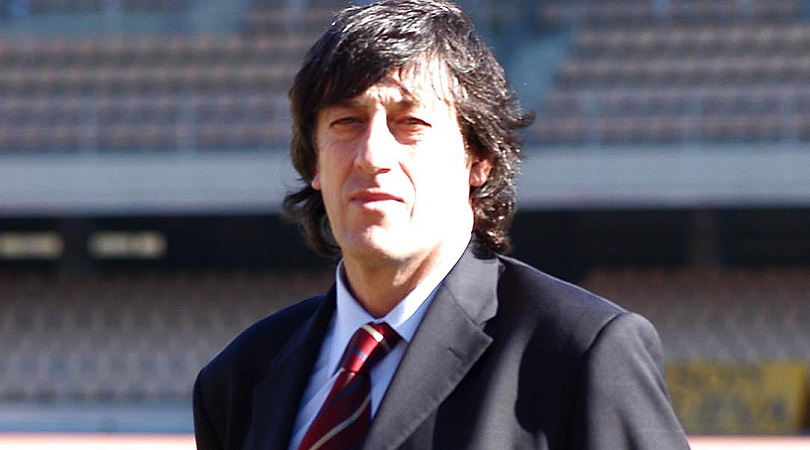
4. Manager-to-man marking
Enrique Martin lived La Vida Loca one legendary night in the late 1990s. His Leganes team were 1-0 up in a Segunda Division clash with Badajoz, but their lead looked in danger when their opponents broke forward in search of an equaliser late in the game.
The quick-thinking manager just couldn’t help himself. As Badajoz attacker Sabino Santos sprinted down the touchline and several team-mates streamed forward in support, Martin stepped in to nick the ball off his toe. Badajoz went bananas and Martin, unsurprisingly, was hit with a 10-match ban.
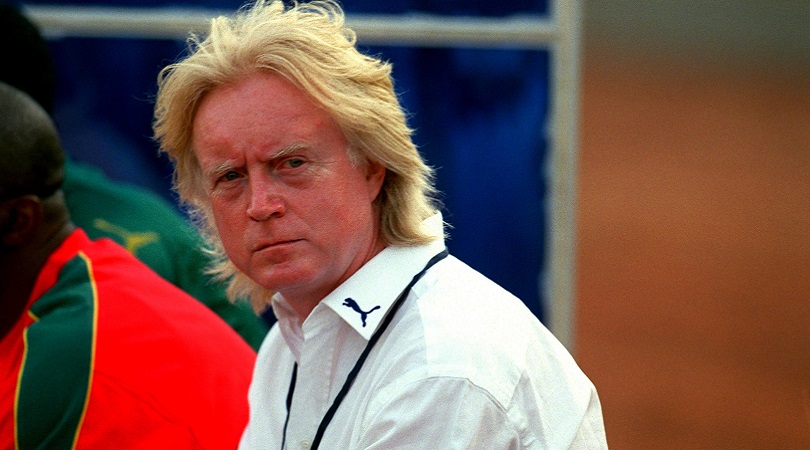
3. Down to the bare bones
At the 2002 Africa Cup of Nations, Cameroon trainer Winnie Schafer had to do without assistant Thomas N’Kono because, just 90 minutes before the semi-final against hosts Mali, the legendary goalkeeper was spotted burying bones under the turf and spraying a strange potion in order to cast a spell on the playing field.
Being placed in handcuffs and spending the night in police custody was no bad thing for N’Kono – a clutch of Mali fans had declared their intention to kill him. N’Kono (banned from football for a year – although this was later lifted) denied any hocus–pocus, but Cameroon won the game 3-0.
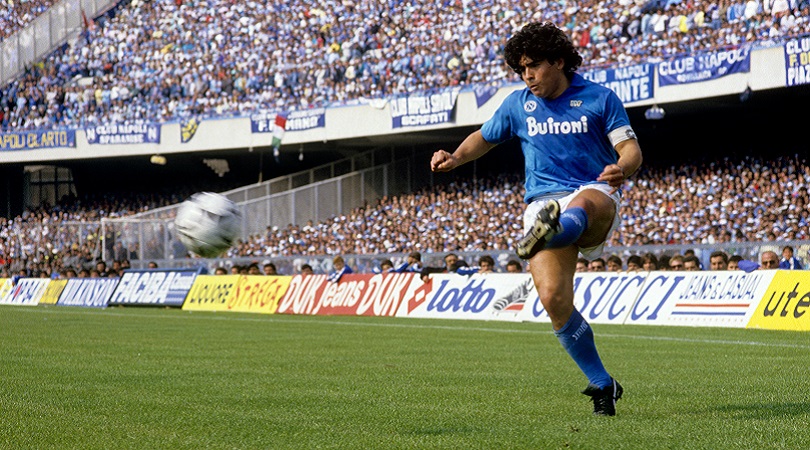
2. The rubber todger of God
Napoli turned a blind eye to Diego Maradona’s cocaine habit in the mid-1980s, but they knew the Argentinian needed something really devious if he was to trick the random drug testers. So they supplied their prized asset with a rubber, penis-shaped pump containing someone else’s urine, which he would use to fill the specimen jar after first hiding it inside his tracksuit.
Diego’s rubber willy saved his skin on a number occasions before he finally tested positive for cocaine in 1991, which led to a 15-month ban. “I thought I’d fooled everyone,” he lamented. Not least the wife.
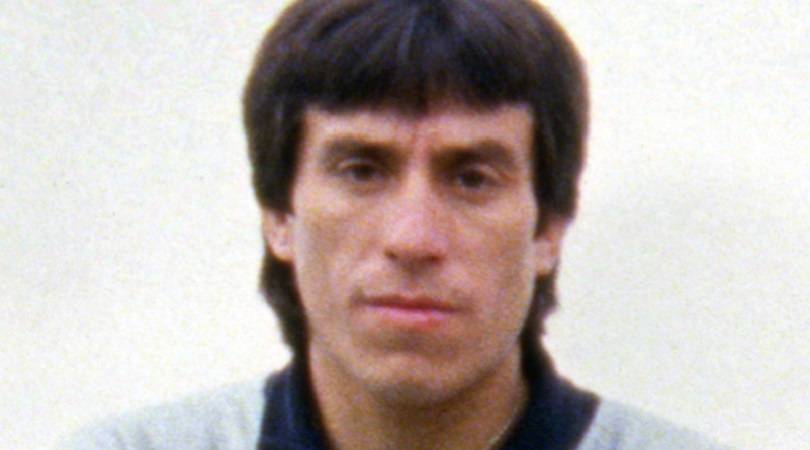
1. Condor Cons 'em
Chile keeper Roberto Rojas was nicknamed The Condor, with the emphasis on the first syllable. In 1989, encouraged by his national team manager and doctor, Rojas attempted to get a crucial World Cup qualifier against Brazil abandoned by walking over to an unexploded firework, falling to the ground and cutting his own face with a razor blade which he’d been carrying from the start.
His furious team-mates marched off in protest – with striker Patricio Yanez provocatively thrusting his privates at the home support for good measure – but pesky video evidence scuppered the plan. Rojas received a life ban, which was eventually lifted in 2001.

Greg Lea is a freelance football journalist who's filled in wherever FourFourTwo needs him since 2014. He became a Crystal Palace fan after watching a 1-0 loss to Port Vale in 1998, and once got on the scoresheet in a primary school game against Wilfried Zaha's Whitehorse Manor (an own goal in an 8-0 defeat).
